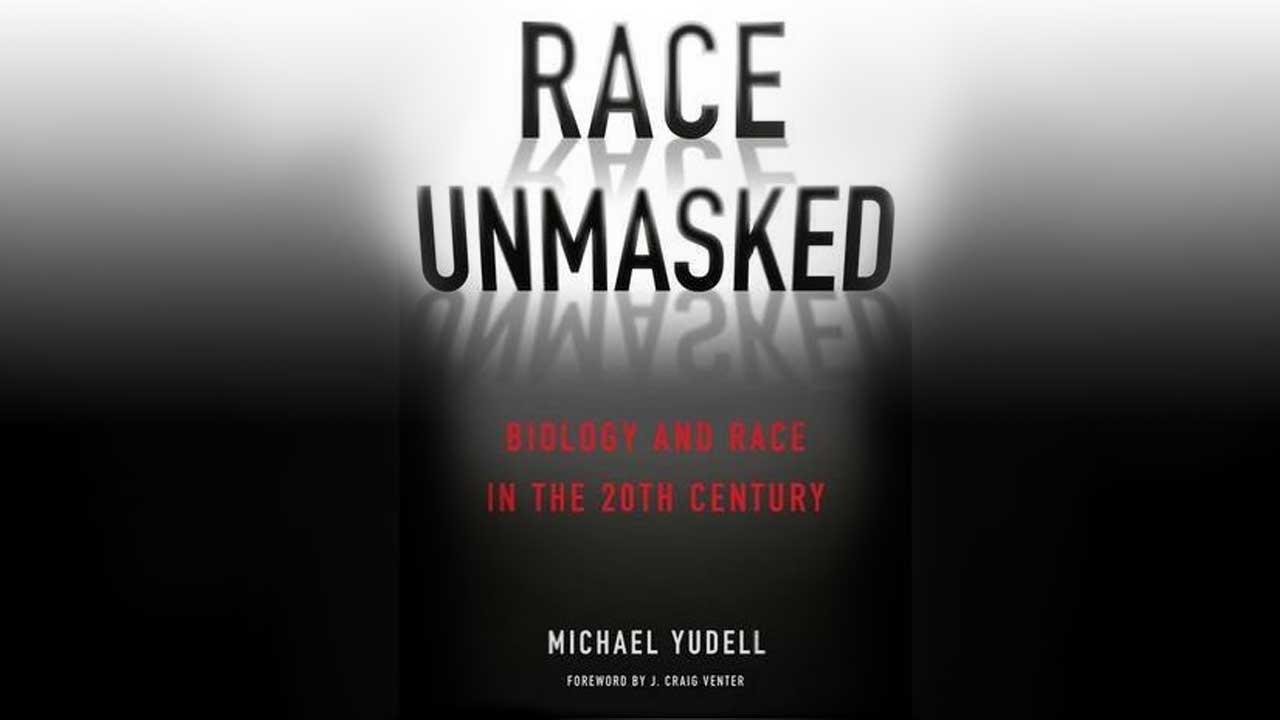“Race” and SciencePosted in Articles, Book/Video Reviews, Health/Medicine/Genetics, History, Media Archive on 2016-05-12 01:55Z by Steven |
The Common Reader: A Journal of The Essay
2016-04-19
Garland Allen, Professor Emeritus of Biology
Washington University, St. Louis, Missouri
A new book traces the complicated legacy of race’s biological conceptions.
Michael Yudell; J. Craig Venter (fore.), Race Unmasked: Biology and Race in the Twentieth Century (New York: Columbia University Press, 2014)
Some years ago, at an elementary school where I was involved in writing and testing a new science curriculum, I was on the playground when a small white boy ran up to the teacher with whom I was talking and said that another boy just hit him. “Which one?” the teacher asked. Pointing to a black boy on the other side of the yard, he said “The one with the red hat.” Brief as it was, that incident had a profound effect on me, leading to the realization that racism—the recognition of race, especially skin color, as a significant, defining difference between people—has to be taught—it is not inborn. Michael Yudell’s new book, Race Unmasked is the story of how race differences have been fashioned and taught, especially with the aid of science, in 20th century America. The book provides an interesting and relevant historical perspective on an issue that recent events in Ferguson, Cleveland, Baltimore and elsewhere have demonstrated is still very much a part of American cultural baggage.
As the author tells us in the Introduction, “in the 21st century, understanding the way race was constructed within the biological sciences, particularly within genetics and evolutionary biology, is essential to understanding its broader meanings.” Yudell shows how scientists, even with the best intentions of modernizing or modifying the concept to keep up with current evidence, often wound up reinforcing the standard, popular view, helping to insure its survival. Thus, this book is about the paradoxical way in which changing biological conceptions of race, changed between 1700 and 1950 from a fixed and significant taxonomic to an arbitrary and socially-constructed category, nonetheless left a confusing legacy that did not substantially change the common perception of the existence of sharply-defined racial groups. The author’s attempt to trace the history of this paradox and its evolution in the 20th century forms the central thread of the narrative…
Read the entire review here.
